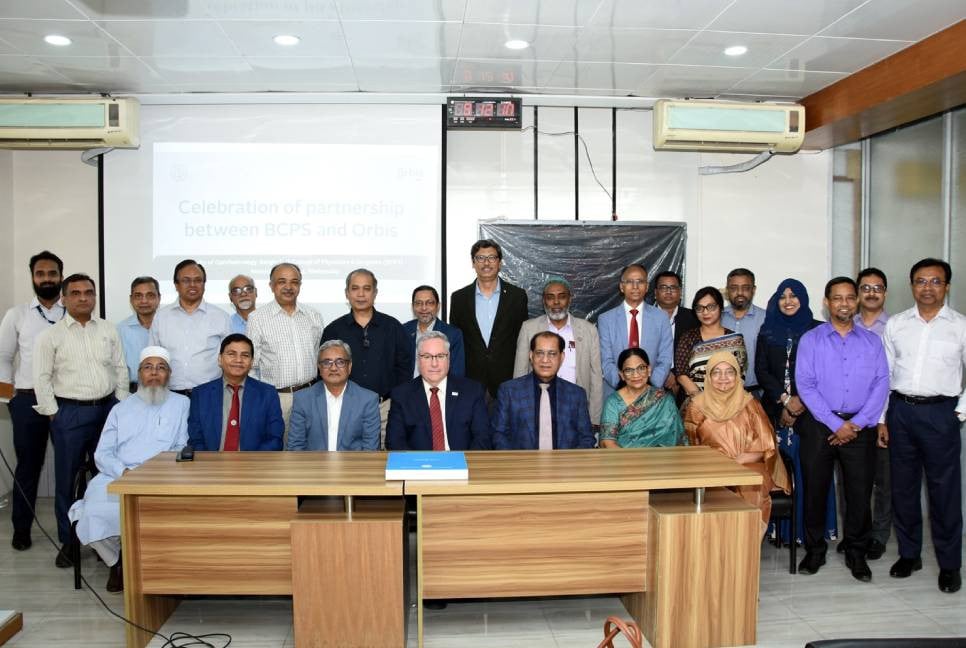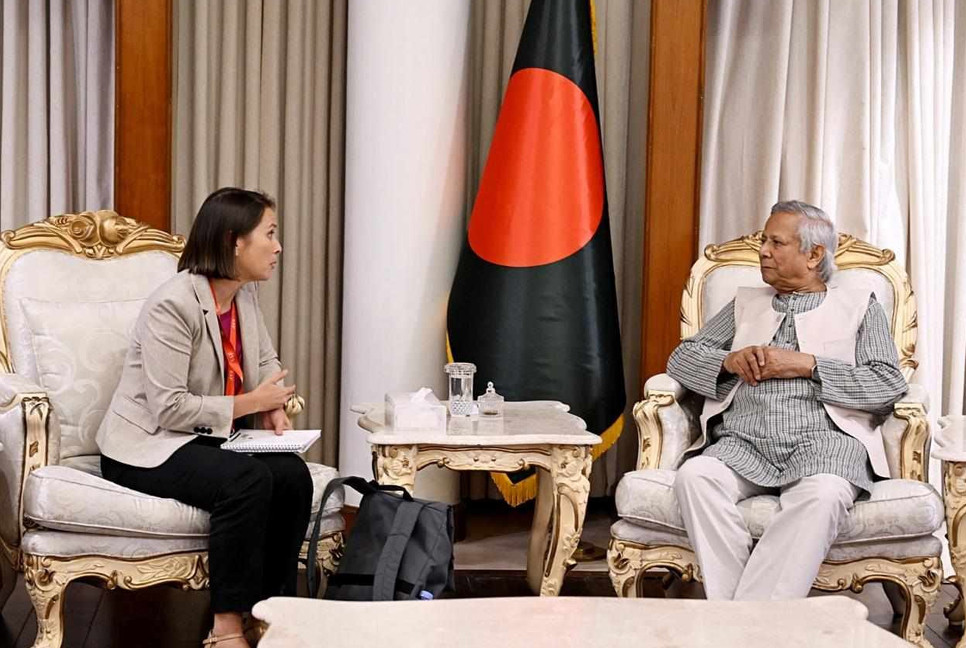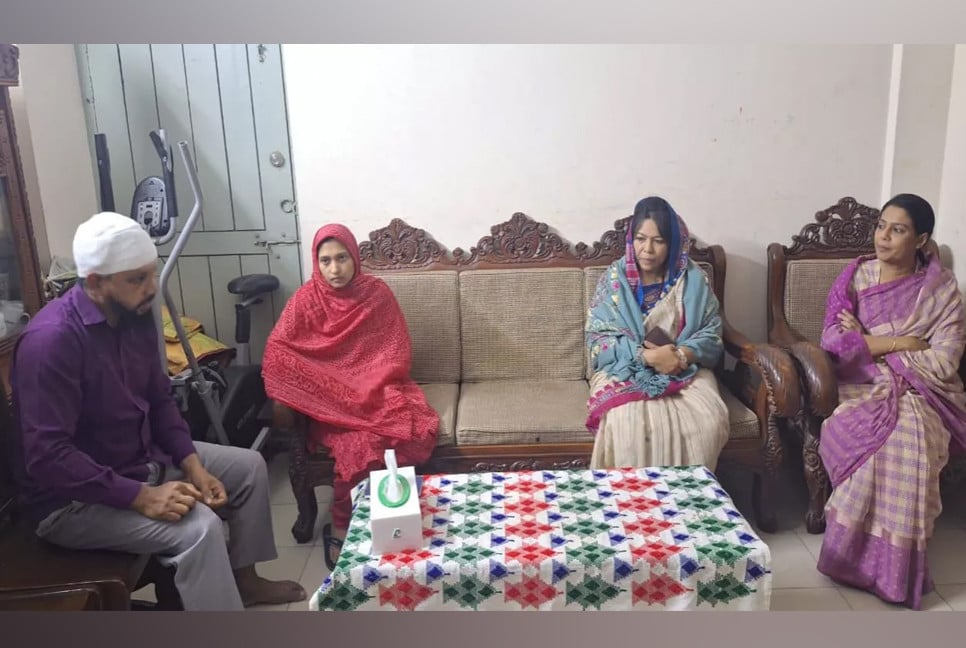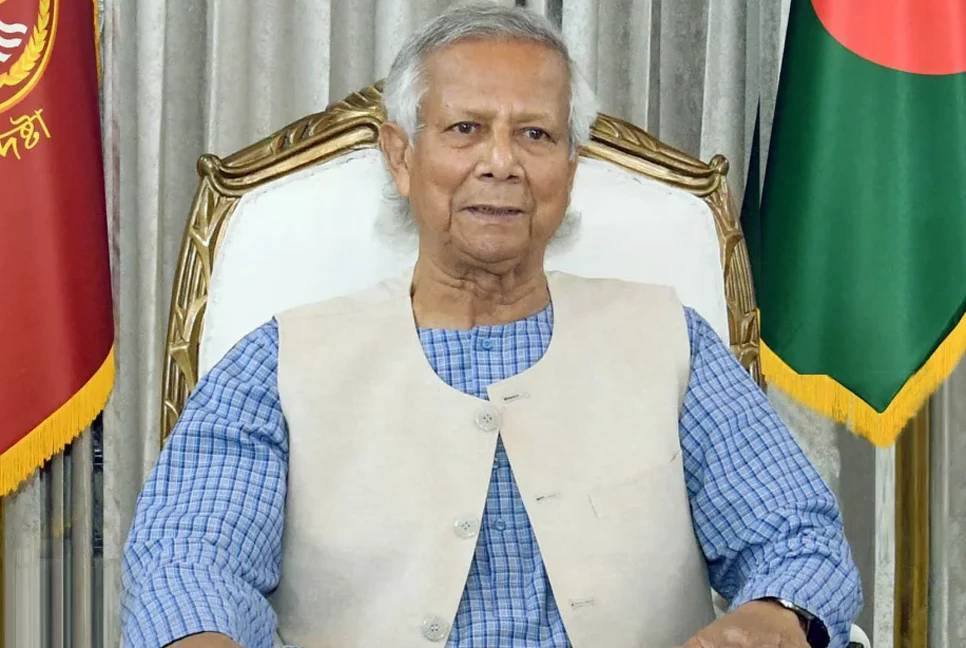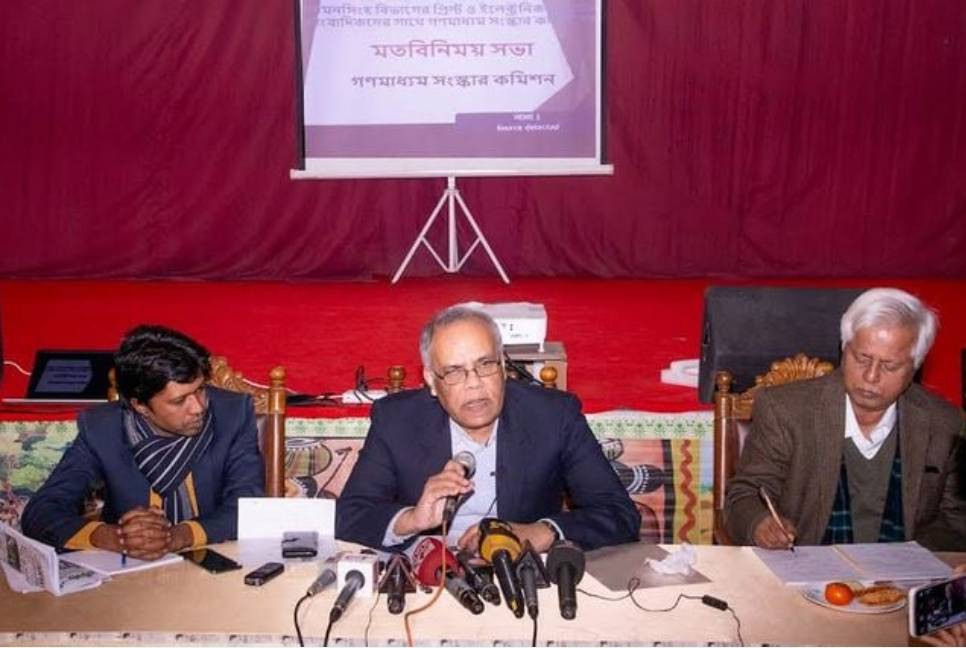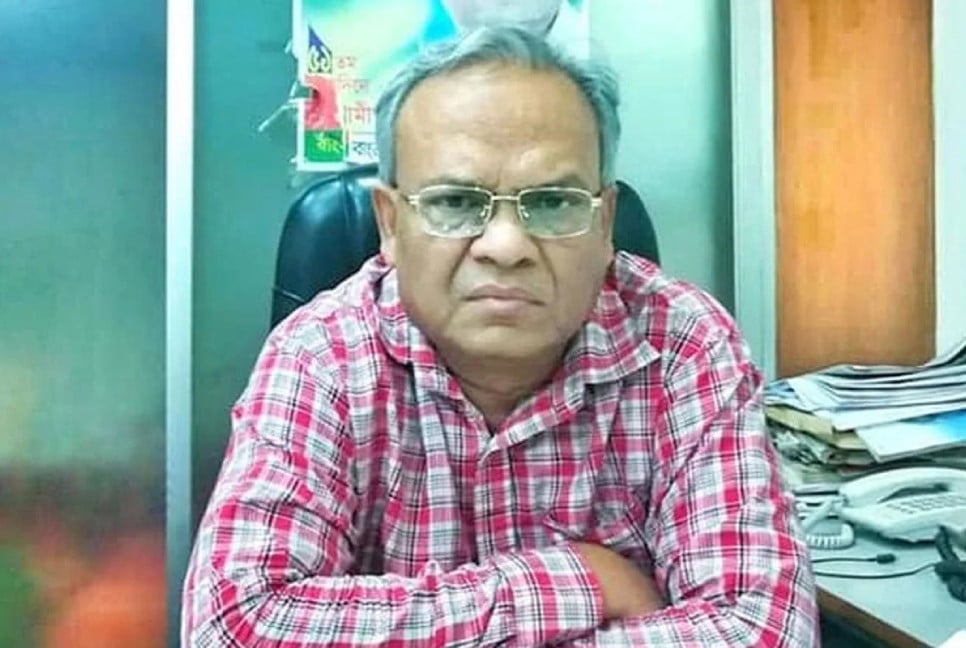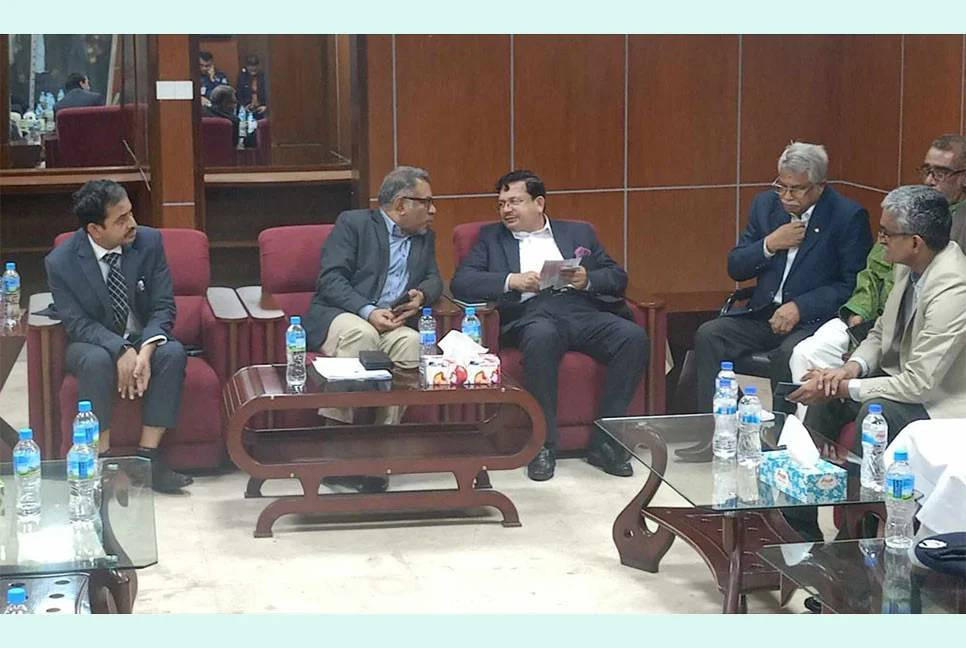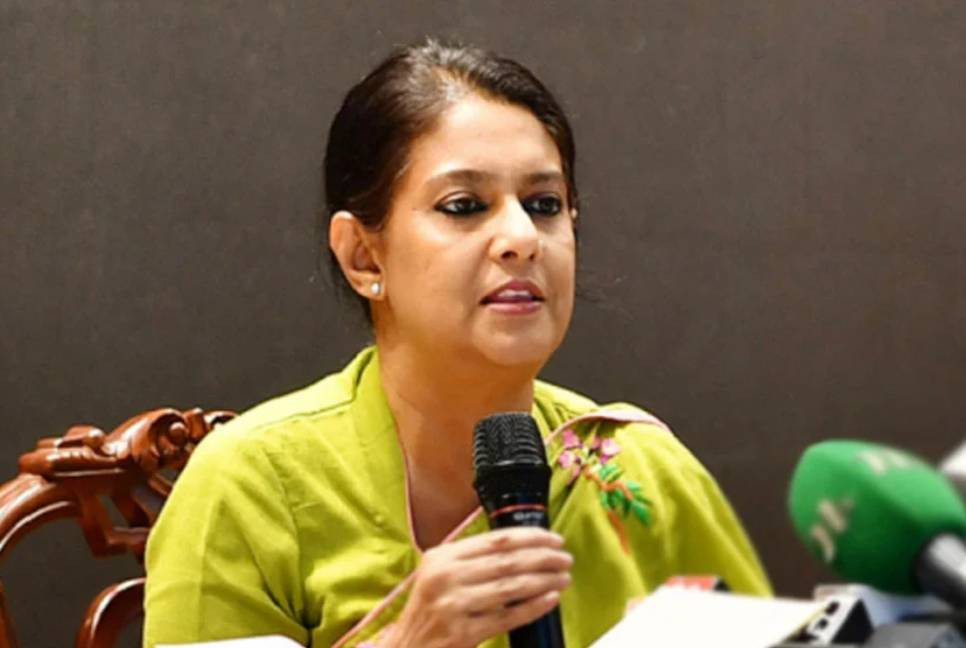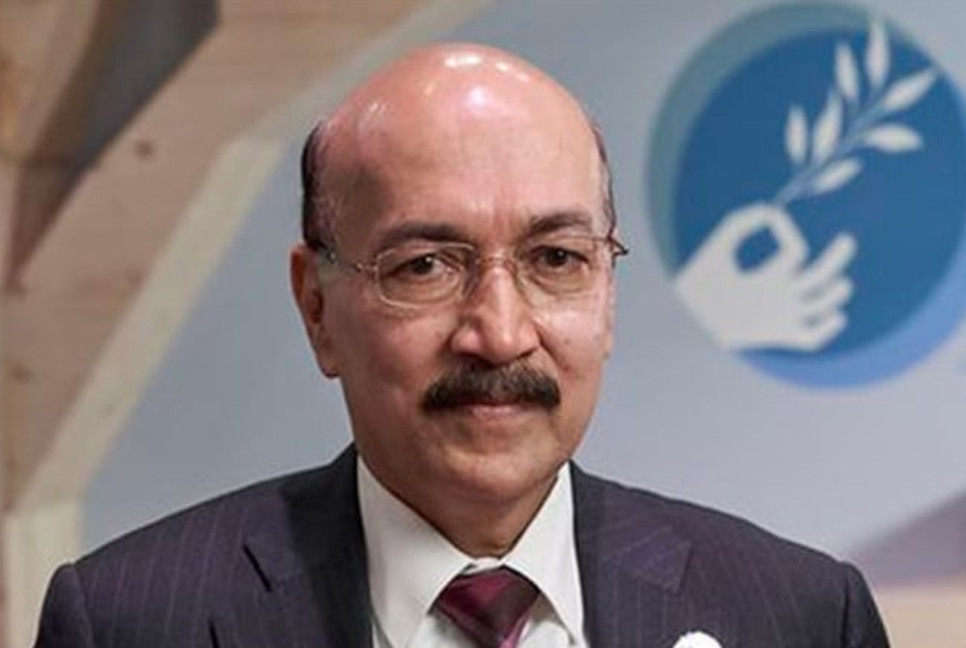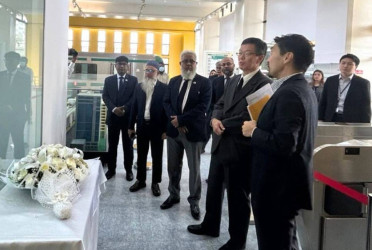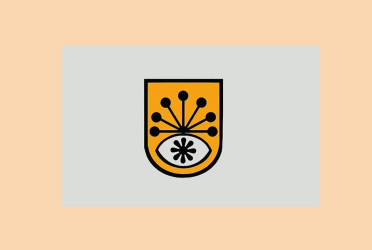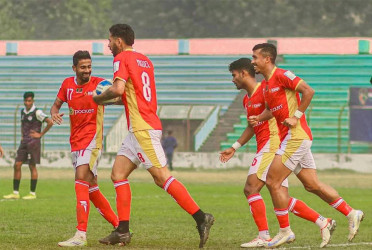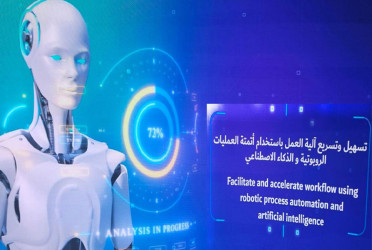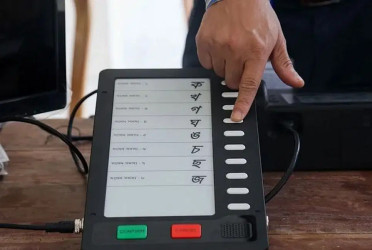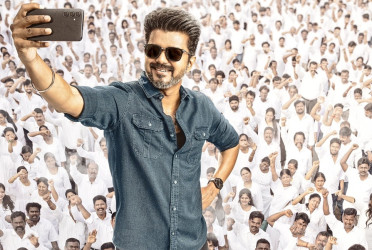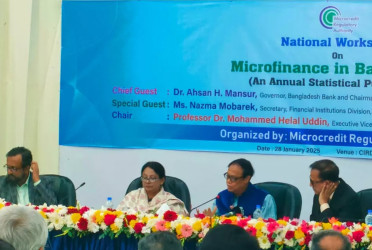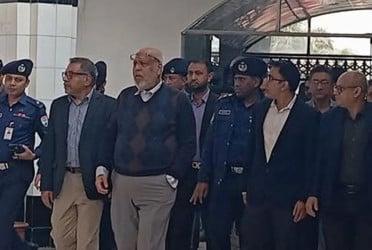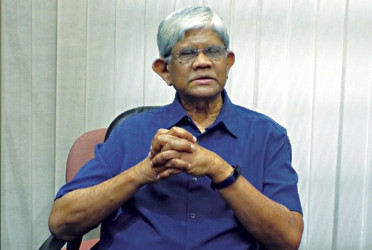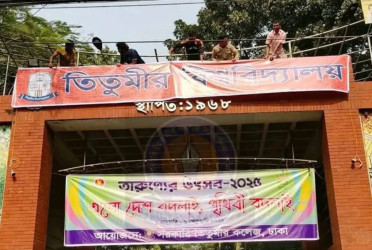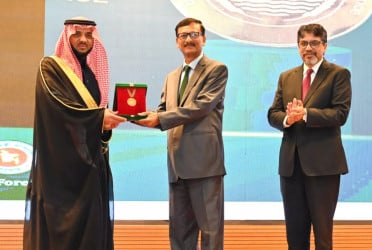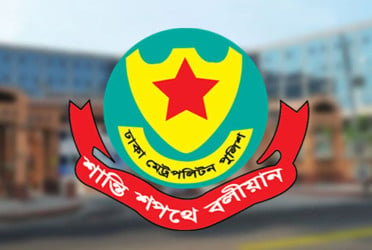Bangladesh College of Physicians and Surgeons (BCPS) has been equipped with a virtual reality training tool to boost the surgical skills of ophthalmologists.
Orbis International has donated the simulation tool it has developed in partnership with medical technology company Fundamental VR to enhance the surgical skills for doctors in low and middle-income countries, home to nine out of ten people with vision loss.
Orbis International President and CEO Derek Hodkey handed over the documents of the tool to BCPS Ophthalmology Faculty Chairperson Prof Deen Mohd Noorul Huq at a ceremony at BCPS in the capital on Wednesday, said a media release.
BCPS President Prof Mohammod Shahidullah, Vice-president Prof Kohinoor Begum and Secretary Prof Abul Bashar Md Jamal, Asia Pacific Academy of Ophthalmology (APAO) President Prof Ava Hossain, Orbis Country Director Dr Munir Ahmed, National Institute of Ophthalmology and Hospital (NIO&H) ex-Director Prof Jalal Ahmed and Prof Zafar Khaled from BSMMU, among others, were present at the ceremony.
Prof Shahidullah said Orbis has provided the ophthalmology faculty of the college with equipment and assisted in development of the module to create skilled ophthalmic surgeons and that the VR training tool would help attain the goal.
Derek Hodkey said Orbis has donated the tool as part of its efforts to build skills and capacity of doctors, nurses, anaesthesiologists and biomedical engineers to provide sustainable eye care solutions around the world.
Dr Munir expressed his organisation’s satisfaction with the contribution it is making to skills development of the ophthalmologists in the country.
“We started working from the bottom and now we’re working with the highest body of physicians,” he said.
The simulation technology provides a realistic experience for eyecare professionals so that they can practice each step of cataract surgery repeatedly before entering the operating room.
It automatically monitors performance and gives real-time feedback if the procedure a doctor is following is perfect or not.
This tool is particularly useful for doctors in remote locations who may not have access to other teachers.
Apart from Bangladesh, the VR tool is already being used at partner hospitals in China, Mongolia, Ethiopia, and India, where it is quickly becoming an essential ophthalmic training tool.
bd-pratidin/GR

